Eco-Friendly Tour Guide Training Programs: Lead With Purpose
Chosen theme: Eco-Friendly Tour Guide Training Programs. Step into a new era of guiding where conservation, culture, and guest delight grow together. Learn how aligned training builds confident, low-impact leaders who inspire travelers to tread lightly. Subscribe for practical checklists, stories, and tools you can use in your next training session.
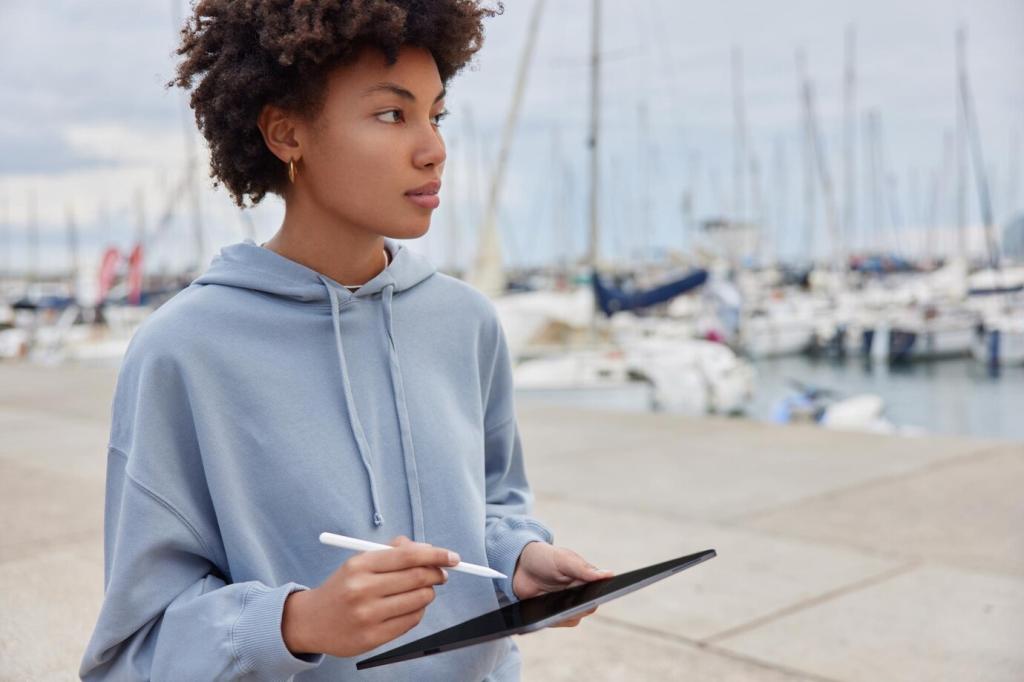
Sustainable Guiding Foundations
Principles that Anchor Every Lesson
Ground your program in Leave No Trace, local protected area rules, and GSTC-aligned practices. Teach carrying capacity, seasonal sensitivities, and community norms so guides understand the why behind every low-impact decision.
From Compliance to Culture
Move beyond checklists to daily habits: modeling refill culture, staying on durable surfaces, and honoring quiet zones. When senior guides demonstrate behaviors consistently, new trainees absorb a living culture of stewardship.
Engage and Reflect
Open each module with a quick reflection: What did you notice? What could we do better? Invite trainees to share one commitment publicly. Ask readers to comment with their foundational principles and subscribe for reflection prompts.

Designing a Green Curriculum That Works
Cover local ecology, climate literacy, waste prevention, cultural protocols, inclusive guiding, emergency readiness, and guest communication. Tie every module back to real routes, actual vendor choices, and specific environmental risks.
Designing a Green Curriculum That Works
Trade long lectures for field labs: water quality snapshots, soil compaction checks, and bird listening exercises at dawn. Trainees learn faster when they test ideas on the very trails and streets they will guide.
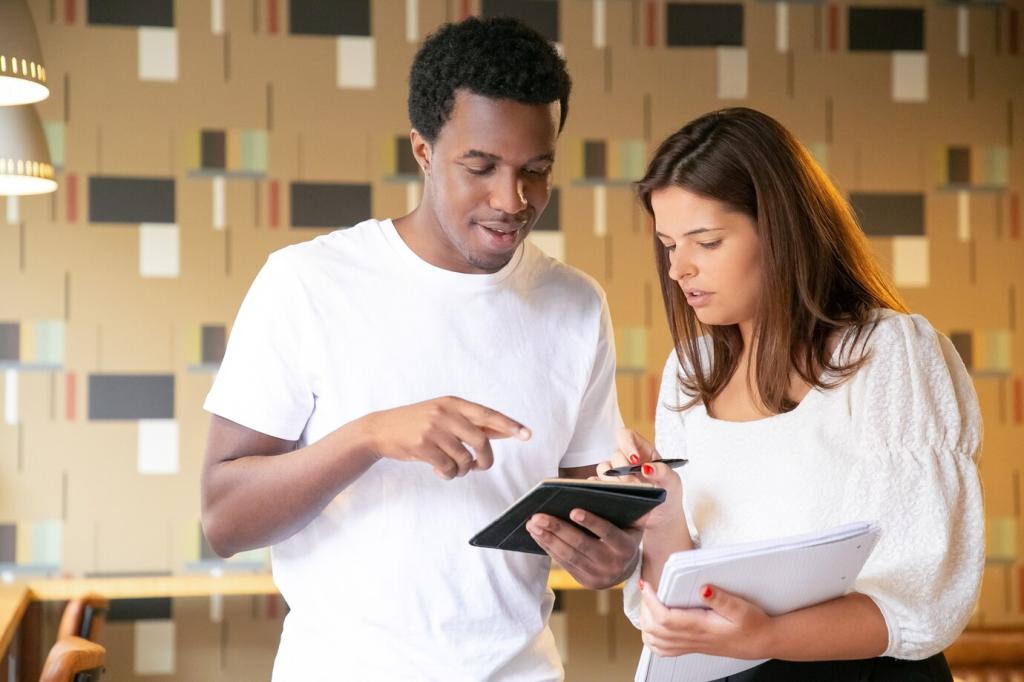

Field Practicum: Turning Knowledge into Low-Impact Action
Run ten-minute pop-up talks with strict time limits. Trainees practice speaking softly, facing the group away from wildlife, and using gestures instead of lasers. Quiet observation trains patience and reduces disturbances.
Set a zero-waste challenge day: refill stations mapped, local snack vendors vetted for compostables, and a shared repair kit for gear. One trainee in Costa Rica cut bin waste by 90% using this simple field routine.
Rehearse spacing, sightlines, and turn-taking at popular viewpoints. Use distance cushions and time windows to reduce crowding. Trainees learn to read animal body language and make calm, early decisions that prevent stress.
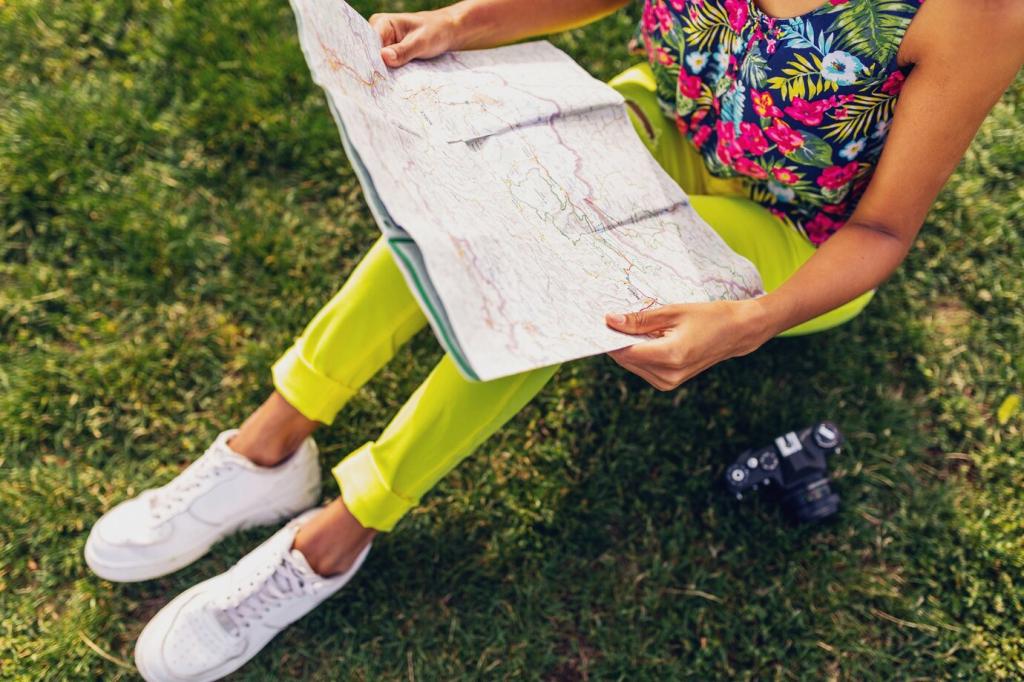

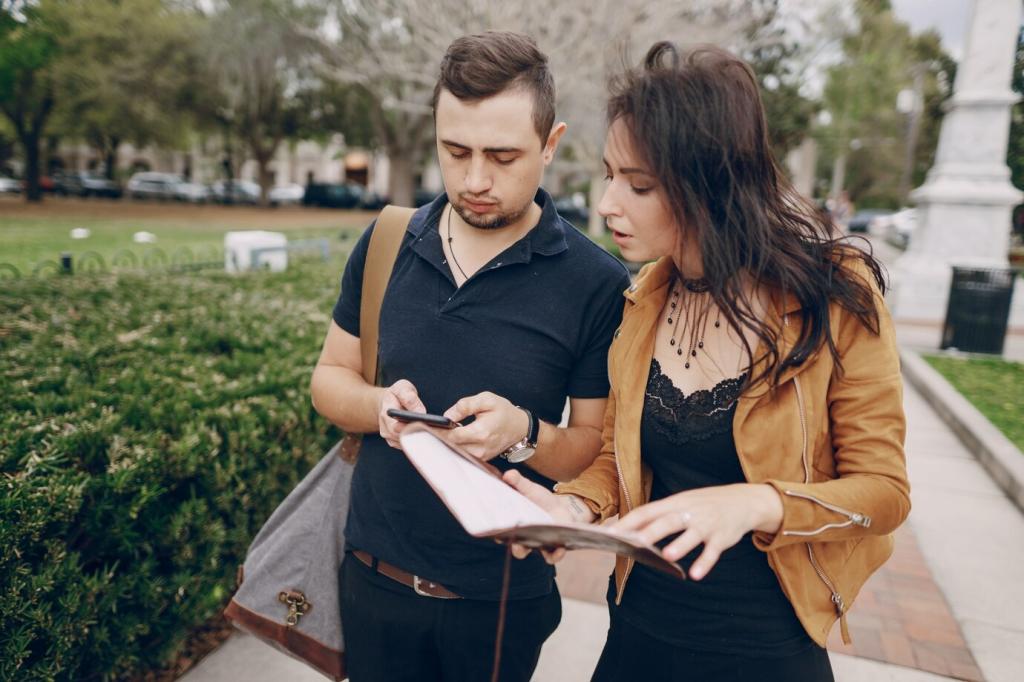
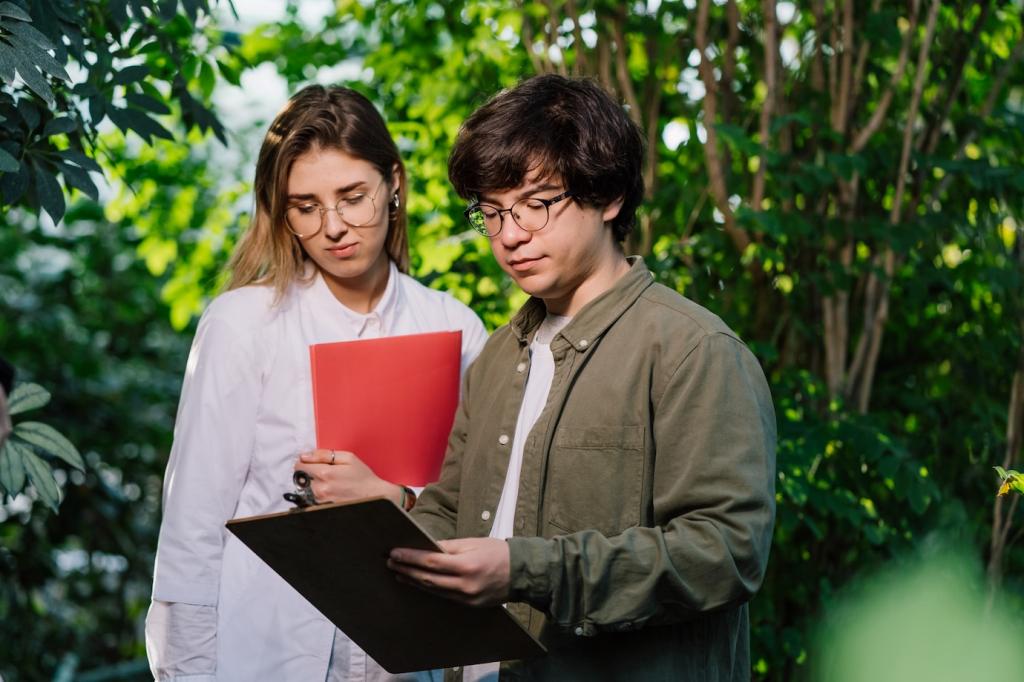
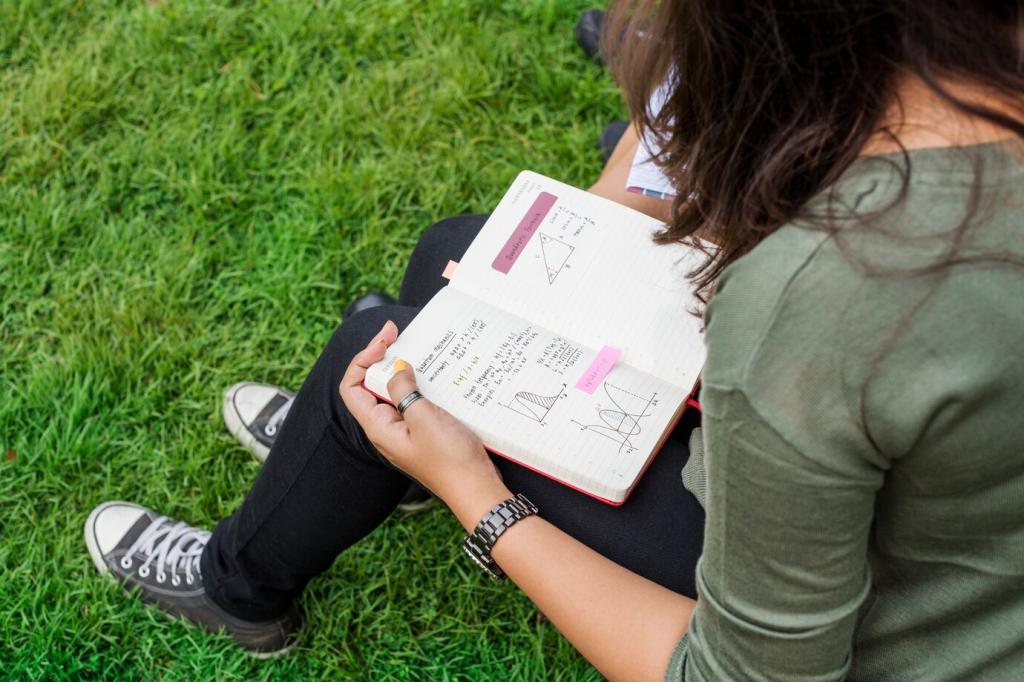
Measuring Impact and Improving Programs
Set Baselines and KPIs
Track refill rates, waste diverted, wildlife disturbance incidents, local vendor spend, and guest stewardship pledges. Establish a clear baseline in week one and revisit metrics after every training cohort graduates.
Collect Feedback that Leads to Change
Use short, accessible surveys and debrief circles. Ask trainees which moments felt hard or heroic. Turn insights into micro-adjustments, then publish changes so the community sees continuous, transparent improvement.
Share Results to Build Momentum
Post quarterly highlights: fewer trail shortcuts, more local suppliers, quieter wildlife encounters. Invite readers to comment with their metrics, and subscribe to receive an editable impact dashboard template.
Community Partnerships and Indigenous Knowledge
Co-Design with Local Voices
Invite community leaders to shape modules on protocols, language, and seasonal rhythms. In one Pacific island program, elders led tidal walk teachings that reshaped how trainees timed and narrated coastal tours.
Fair Benefits and Transparent Contracts
Build agreements for honoraria, time respect, and intellectual property. Ensure community partners approve content use. Fair, clear structures turn one-off workshops into lasting, trust-filled collaborations trainees can emulate.
Ongoing Reciprocity Beyond the Tour
Create volunteer days, scholarship spots for local youth, and shared monitoring projects. Ask readers how they embed reciprocity in training programs, and subscribe to join our upcoming roundtable on ethical partnerships.
